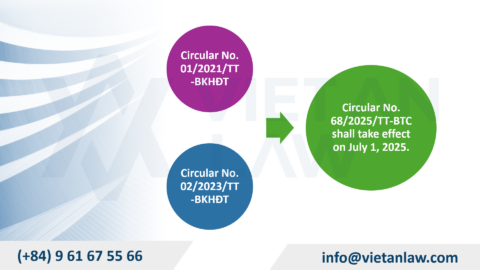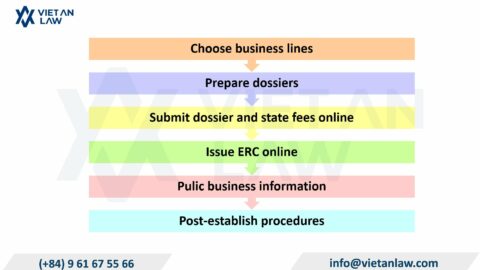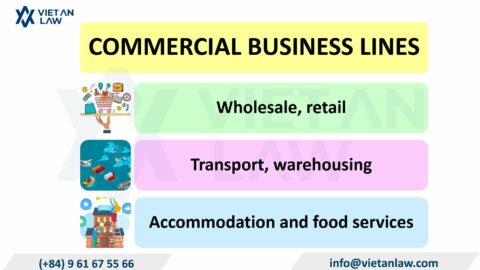Niue is a small island nation in the South Pacific with a population of only about 1,600. However, Niue has a number of economic advantages that could help drive future development. Niue lies on an important sea route between New Zealand and other Pacific islands. This could help Niue become a regional shipping and logistics hub. Niue is an attractive tourist destination with pristine beaches, stunning landscapes and unique culture. The tourism industry can contribute significantly to the Niue economy. Niue has a vast exclusive economic zone (EEZ) rich in fish resources. Fisheries can be developed to create jobs and increase incomes for Niueans. Niue has enormous potential to develop renewable energy, such as solar and wind power. Renewable energy can help Niue reduce its dependence on fossil fuels and promote sustainable development. To attract domestic and foreign investment, the Niue government has improved the business environment including simplifying administrative processes, reducing taxes and providing other incentives to investors. Currently, there are many businesses that want to expand their business scope in Niue but do not know how to protect their brand from other competitors. Viet An Law would like to guide customers through the preliminary procedures for trademark registration in Niue through the article below.
Table of contents
Niue does not have its own national trademark registration system. Instead, Niue is a party to the Berne Convention for Literary and Artistic Works. This allows the applicant to register a trademark in another member state (e.g. New Zealand) and enjoy protection that extends to Niue.
The Berne Convention on Literary and Artistic Works (hereinafter referred to as the Berne Convention) is an international treaty that establishes a system of copyright protection for literary and artistic works. The convention was first signed in 1886 in Berne, Switzerland
The Berne Convention on Literary and Artistic Works does not directly protect trademarks. However, it can provide indirect benefits for trademark protection in member states, including some of the following advantages:
Right-of-way
When an applicant registers a trademark in a state party to the Berne Convention, the applicant will enjoy priority rights within 12 months to file an application in other member states. This right allows the applicant to hold place for his trademark and prevents others from registering a similar trademark during this period.
Automatic protection
Some member states of the Berne Convention automatically protect trademarks registered in another member state. This means that applicants do not need to file separate applications in these countries.
Minimum standards
The Berne Convention establishes the minimum standards that member states must follow in terms of trademark law. This helps ensure that the claimant receives a certain basic level of protection for his trademark worldwide.
The first step is to register the applicant’s trademark in a state party to the Berne Convention. The applicant can do this by filing an application with that country’s national trademark office.
If the applicant wishes trademark protection in other Berne Convention member states, the applicant may apply for registration in those countries within 12 months after the first filing of the application.
Declaration of precedence: When applying for registration in other member states, the applicant needs to declare the right-of-way based on his/her first application. This will allow the applicant to benefit from his or her initial filing date.
Building Niue’s private trademark registration system could also bring a number of potential benefits such as:
However, building a private trademark registration system also poses some challenges such as:




